You don’t need to become fluent in a language to make your travels way more enjoyable and less stressful. Most travelers think they need years of study, but honestly, learning just the basics can completely change how people treat you abroad. Locals appreciate it when you make an effort, even if your pronunciation is terrible.
The trick is focusing on stuff you’ll actually use rather than memorizing verb conjugations you’ll never need. Here is a list of 17 language-learning tricks that make traveling abroad much easier.
Learn the Most Important Phrases First
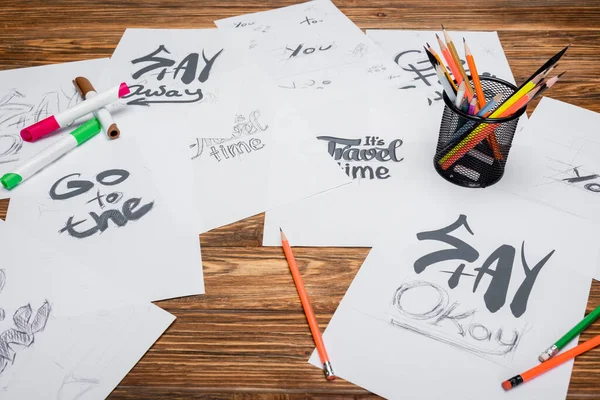
About twenty to thirty key phrases will handle most situations you’ll face while traveling. Things like asking where the bathroom is, ordering food, saying please and thank you, and asking for directions—that’s your foundation.
Master these before worrying about anything else because you’ll use them multiple times every single day.
Use Apps That Actually Remember What You Forget
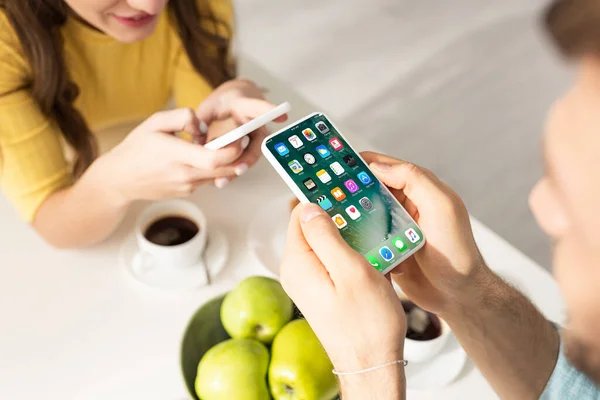
Spaced repetition apps like Anki show you words right before you’re about to forget them, which sounds weird but works really well. The app tracks what you’re struggling with and keeps showing you those words more often.
It’s way more efficient than just going through flashcards in order over and over.
Like Travel Pug’s content? Follow us on MSN.
Numbers Are More Important Than Grammar
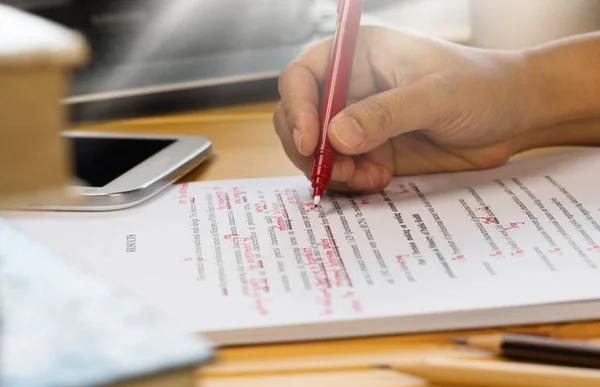
You’ll deal with numbers constantly—prices, addresses, times, hotel room numbers. Practice counting until you can understand numbers without having to translate them in your head first.
This alone will make your life so much easier when shopping or trying to catch buses.
Restaurant Words Pay Off Immediately

Food vocabulary gives you instant returns because you eat every day. Learn the names of common dishes, how to ask what’s in something, and how to say you’re allergic to certain foods if that applies.
Also, figure out how to ask for the check because sitting there waiting forever while the waiter ignores you gets old fast.
Talk to Native Speakers Before You Go
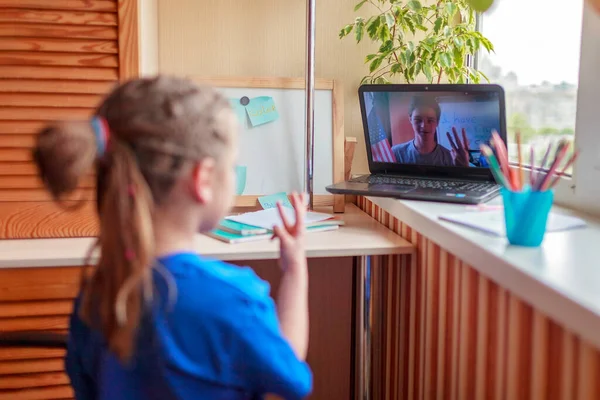
Language exchange apps connect you with people who want to practice your language while helping you with theirs. Even just chatting for fifteen minutes a few times a week builds your confidence way more than studying alone.
Plus, you learn how people actually talk, not just textbook phrases.
Like Travel Pug’s content? Follow us on MSN.
Focus on Sounds, Not Perfect Grammar

If people can understand what you’re saying, grammar mistakes don’t matter that much. But if your pronunciation is off, even perfect grammar won’t help.
Spend time listening to how native speakers say things and try to copy the rhythm and sounds, even if you don’t understand every word.
Learn Transportation Words Early
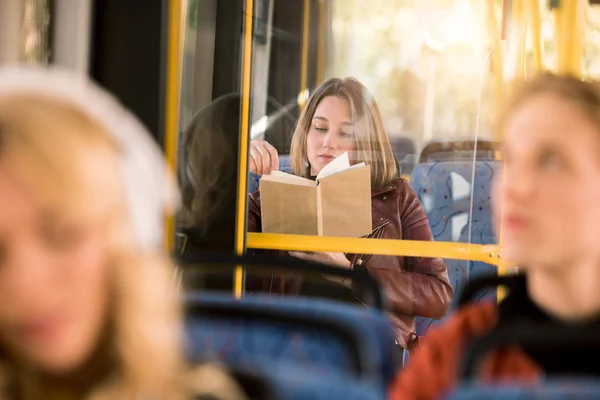
Getting around is essential, so learn words for different types of transportation, how to buy tickets, and how to ask for directions. Know the difference between terms for different types of trains or buses if your destination has multiple options.
This knowledge prevents you from getting completely lost or stranded.
Music Makes Everything Stick Better

Listening to music in your target language helps you pick up the natural rhythm and common phrases without feeling like you’re studying. Start with slower songs or genres where you can actually hear the words clearly.
Even if you don’t understand everything, you’re training your ear to recognize sounds.
Like Travel Pug’s content? Follow us on MSN.
Practice Real Situations Out Loud

Talk through common scenarios like checking into a hotel, asking for directions, or ordering food. Do this out loud, even if you feel silly talking to yourself.
When you’re actually in those situations, the words will come more naturally because you’ve practiced them before.
Understand Cultural Rules, Too

Language isn’t just words—it’s knowing when to be formal versus casual, how to greet people properly, and what topics are okay to discuss with strangers. This cultural context can be just as important as vocabulary because using the wrong level of formality can be awkward or even offensive.
Connect Words to Pictures, Not Translations
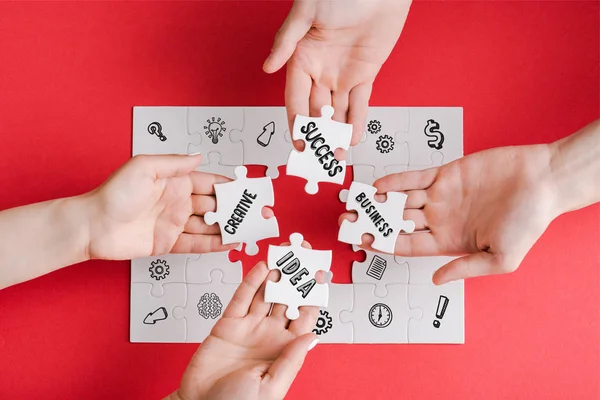
Instead of memorizing that ‘agua’ means ‘water,’ try to think of the actual thing when you hear ‘agua.’ This direct connection works faster in real conversations because you’re not translating everything in your head first.
It takes practice but makes a huge difference in how quickly you can respond.
Like Travel Pug’s content? Follow us on MSN.
Record Yourself and Listen Back

Your phone can record voice memos, so use it to practice speaking and then listen to how you sound compared to native speakers. You’ll catch pronunciation problems you didn’t realize you had.
It’s awkward at first, but it really helps identify what needs work.
Learn Hand Gestures and Body Language

Every culture has different rules about personal space, eye contact, and hand gestures. Some gestures that are fine in your country might be rude elsewhere.
Learning this stuff helps you communicate better and avoid accidentally offending people.
Look for Words Similar to Your Language
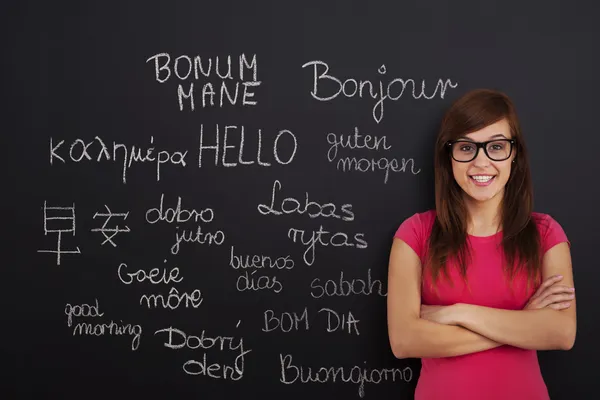
Many languages share roots, especially European ones, so you might already know more words than you think. Spanish ‘hospital’ is pretty much the same as English ‘hospital.’
Finding these connections makes vocabulary building faster and easier.
Like Travel Pug’s content? Follow us on MSN.
Know Emergency Phrases Cold

Learn how to ask for help, say you need a doctor, or explain that something’s wrong. Practice these until you can say them, even if you are scared or confused.
Hopefully, you’ll never need them, but knowing them gives you peace of mind.
Watch Familiar Shows with Different Subtitles

Start with shows you already know well, but watch them in your target language with English subtitles. Then, try watching with subtitles in the target language.
Finally, if you’re brave, try no subtitles at all. Use content you’re familiar with so you can follow along even when you miss words.
Pick Up Some Local Slang

Learning a few casual expressions that locals actually use shows you care about their culture beyond just tourist needs. It can be the difference between polite interactions and genuinely friendly ones.
Just make sure you understand when it’s appropriate to use informal language versus when you should stick to polite, formal phrases.
Like Travel Pug’s content? Follow us on MSN.
Small Efforts, Big Results

The effort you put into learning even basic language skills pays off way more than most people expect. You don’t need to be perfect—locals will usually help you if they see you’re trying to communicate in their language.
The key is preparation and practice, not perfection. Even stumbling through conversations with a smile and good intentions will open doors that staying silent never could.
More from Travel Pug

- 20 Best Beach Towns in the Carolinas
- 13 Destinations Where Tourists Regularly Regret Their Trip
- 20 Things You Actually Get in First Class
- 20 Small Airports With Aviation Museums
- 20 Places in the U.S. That Are Perfect for a Reset Trip
Like Travel Pug’s content? Follow us on MSN.
